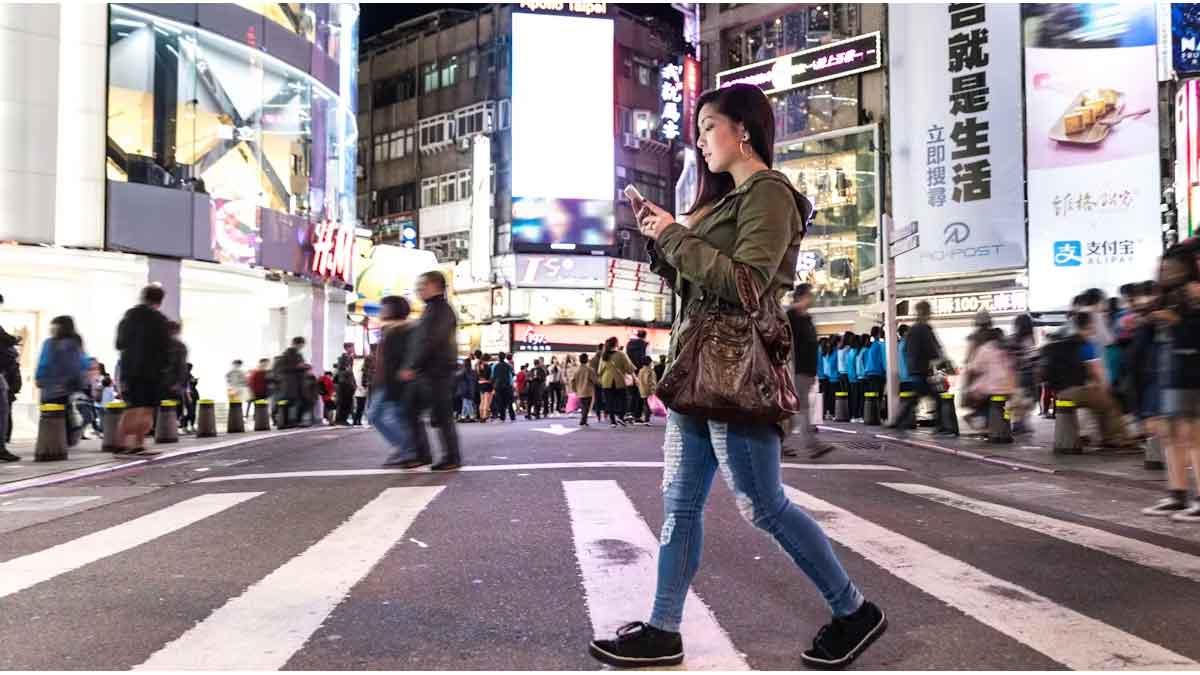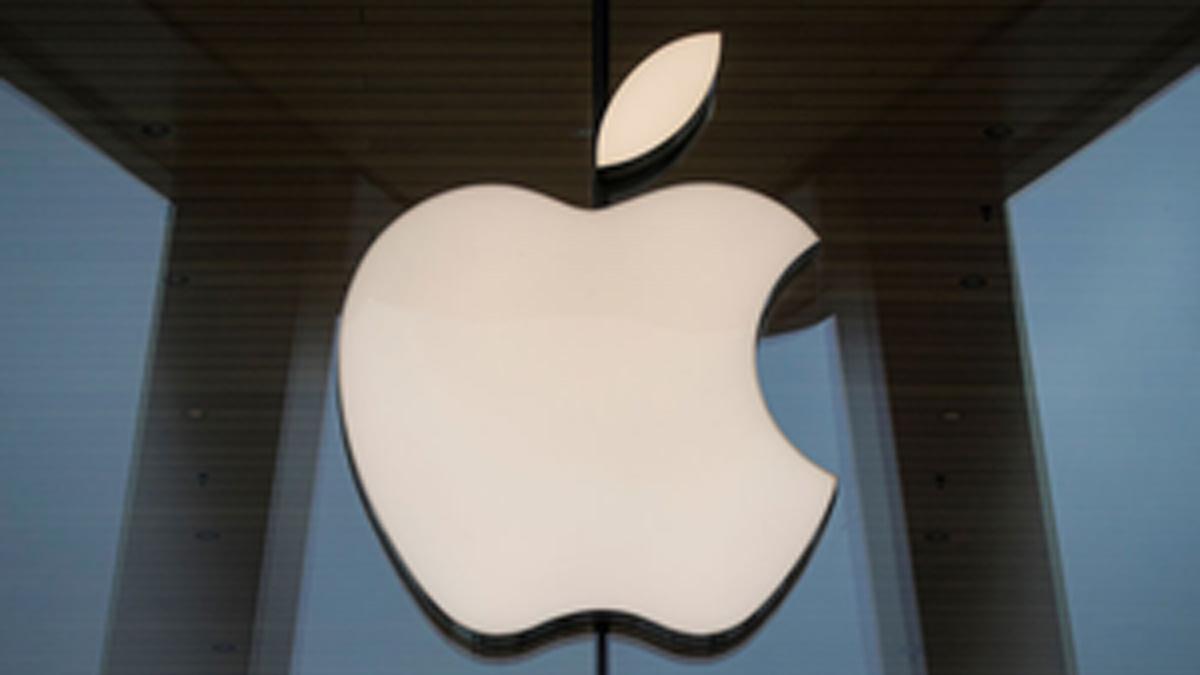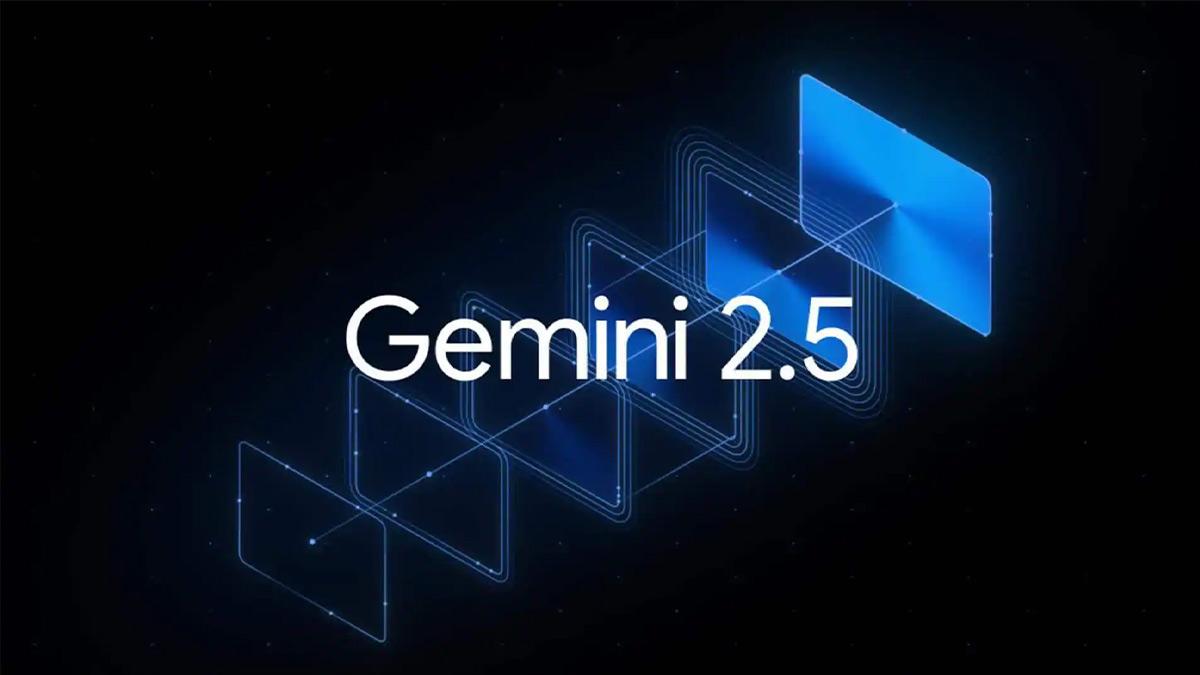Chinese regulators are currently concluding a two-month "spring cleaning" initiative targeting the country's social media landscape.
Initiated on April 23, 2024, by the Cyberspace Administration of China, the latest Qinglang campaign, translating to "clean and bright," aims to penalize Chinese social media influencers and internet celebrities who flaunt wealth or promote a luxurious lifestyle to attract followers and traffic.
This crackdown extends beyond mainland China, affecting Taiwanese influencers as well.
The campaign contrasts with US concerns over mental health issues associated with social media, focusing instead on promoting societal well-being in China. Influencers such as Wang Hongquanxing, known as "China's Kim Kardashian," have faced repercussions for showcasing extravagant lifestyles. Others like Bo Gongzi and Baoyu Jiajie were also targeted for displaying luxury goods and properties.
The regulatory measures have been defended by Chinese official media as necessary to combat "money worship" and "toxic traffic," aiming to prevent the exploitation of online platforms for monetary gain.
This crackdown reflects broader fears in Beijing regarding the potential subversive influence of social media. It builds on previous actions taken against influencers like Guo Meimei in 2014, known for flaunting wealth online.
Public support for these measures underscores China's social conservatism and historical preference for wealth distribution fairness, as articulated in Confucian principles. The government's authoritarian stance enjoys strong public trust, attributed in part to its perceived role in upholding moral values and social harmony.
Moreover, the campaign has political implications beyond domestic concerns, including efforts to influence Taiwanese influencers to align with Beijing's perspectives. This strategy underscores China's use of social media to promote nationalist sentiment and its stance on Taiwan reunification.
As China continues to manage its vast online population under President Xi Jinping's leadership, the regulation of social media remains a crucial tool for shaping public discourse and maintaining societal stability.
Read also | Meta Introduces AI Assistant Across WhatsApp, Facebook, Instagram, and Beyond in India
Read also | India's AI Investment Set to Hit $6 Billion by 2027, Predicts IDC


















